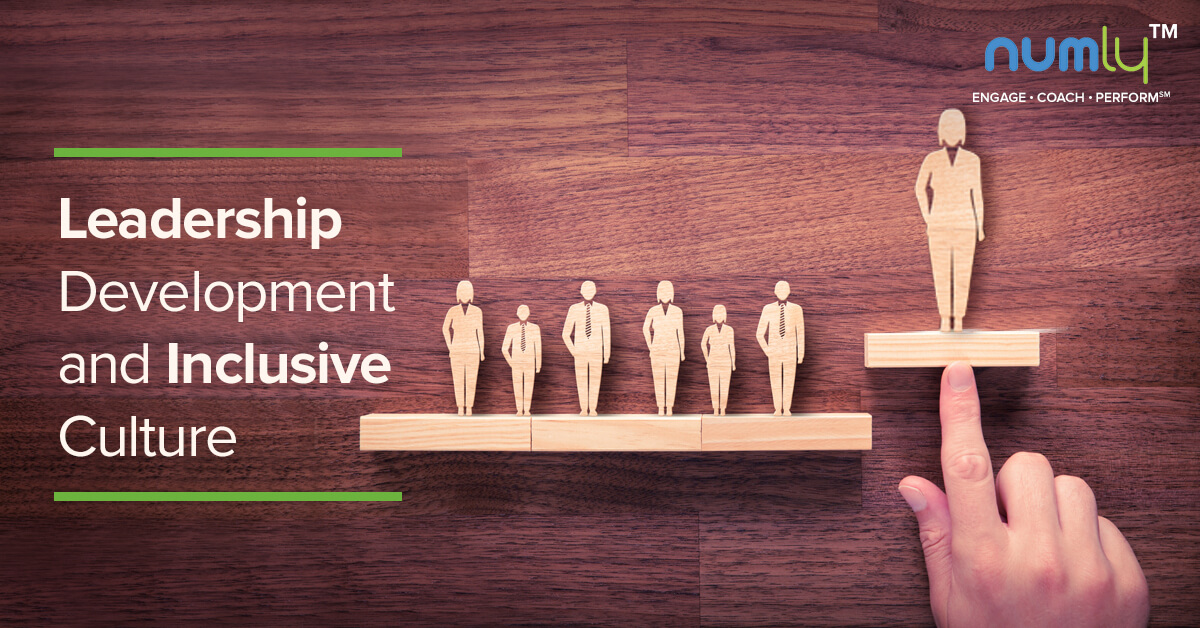2020 witnessed a sudden shift to remote work in the wake of a global pandemic. Today, we gear up for another disruption as the world of work prepares to embrace hybrid work.
As organizations work out different permutations and combinations to optimize this model to suit their needs, we cannot ignore the fact that the rules of engagement have now inalienably changed.
In this context, amongst other things like ensuring a safe return to work and making the right technology investments to enable this hybrid workforce, organizations need to make another investment – one into their human capital.
Inclusion is More than a Compliance Demand
Inclusion initiatives need scaling to meet the demands of this new world order and must go beyond a compliance mandate. The business case for diversity and inclusion proves that the more diverse and inclusive an organization is, the higher the profitability. It facilitates idea exchange and opens the playing field to newer ideas and opinions, leading to innovation.
In the hybrid model, organizations have to make intentional moves to ensure that their D&I strategies are equity enhancing. They must have the right mechanisms in place to quantifiably do so.
The hybrid workplace gives organizations immense flexibility to hire the best people with cultural diversity and different experiences from anywhere. It also opens more doors for the differently-abled. Organizations can now become more intentional in driving equality and equity.
We are now moving towards a new diversity dimension. It is vital to prepare the workforce and the leaders to embrace this change. There needs to be a gradual unlearning of certain preconceived notions and learned behaviors and systemic adoption of manners and attitudes that promote inclusiveness, empathy, and understanding.
Designing robust performance management strategies that tie in and contribute towards promoting diversity and inclusion thereby must make it to the priority list. It is now a business imperative to help managers understand the need for inclusion and help them develop the right behaviors that promote inclusion within their teams and the collective workforce.
Developing a Culture of Trust and Flexibility is Critical
In this Next Normal, the hybrid workplace,
- Leaders and managers must sharpen their awareness to develop the ability to scan the physical and virtual moods of their teams.
- They need to up their emotional quotient to help their teams feel connected and engaged in the workplace.
- Their actions and organizational process must demonstrate that employee success and career progression are location-agnostic.
Therefore, creating a performance management strategy that focuses on growth, is data-backed, and continuous learning becomes essential to create transparency and trust.
Adopting data-backed strategies that quantify progress and help employees identify areas of improvement are now important. Giving employees opportunities to proactively improve their power and technical skills contribute towards building trust bridges across the organization – especially in the absence of the levels of pre-pandemic facetime.
Open Communication and Collaboration are Critical
The rules of communication also need an upgrade in the hybrid workplace. Given its complex structure, organizations need to help employees, managers, and leaders learn the tricks to ‘effective’ and timely communication. Building an environment that supports relentless collaboration also moves up the priority ladder as team structures change, business evolves, and customer needs accelerate.
Providing the right technological infrastructure tools and application ecosystem that facilitate communication and drive collaboration becomes essential. Simultaneously, helping the workforce develop a collaboration mindset, building team spirit irrespective of geographical location, improving their learning agility, and helping them become growth-oriented by providing the right training and peer coaching also become critical to enabling collaboration.
In Conclusion
As the rules of engagement change, and we prepare to embrace the “Next Normal”, organizations need to identify ways to revamp leadership development using peer coaching.
Leadership skill sets now need a paradigm shift to ensure that leaders have the new-age skills to thrive and lead the organization. The ability to be data-driven in decision making, high emotional intelligence, technical relearning, greater resilience towards uncertainty, the ability to drive accountability and autonomy, and learning agility are now the drivers of organizational success.
The time to prepare for the future is now. Are you ready?

